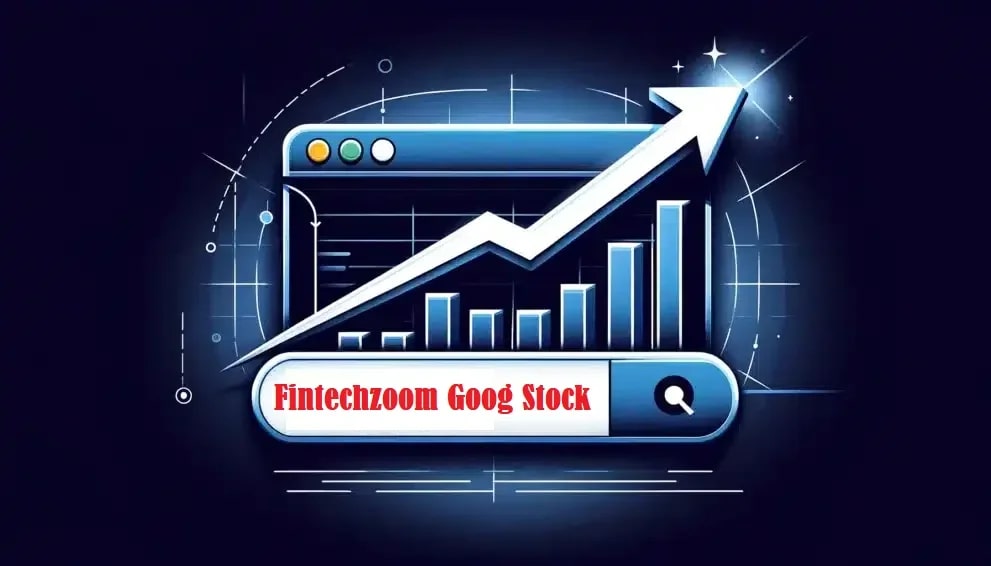Costco Wholesale Corporation (NASDAQ: COST) is one of the most recognizable names in the retail industry, renowned for its bulk-sale model, membership-based shopping, and high-quality offerings. FintechZoom Costco Stock has been a consistent performer in the stock market, particularly among large retail companies. Investors have been closely monitoring the company’s financial health and future growth potential as it continues to adapt to changing consumer habits, rising inflation, and evolving market trends.
In this article, we will analyze Costco’s stock performance through the lens of FintechZoom’s market insights, delve into key financial indicators, assess the company’s strengths and weaknesses, and explore its growth outlook in the retail sector.
Overview of Costco’s Business Model
Costco’s business model is centered around selling products in bulk, targeting both individual and business customers through a subscription membership system. The company operates a global network of warehouses where it offers a wide range of merchandise, from groceries and electronics to furniture and clothing, often at discounted prices. Costco’s ability to secure significant savings through large-volume purchases allows the company to pass on these savings to its members.
The membership fees represent a crucial revenue stream for Costco, accounting for a significant portion of its operating income. This model ensures that Costco retains a loyal customer base while maintaining competitive pricing. In addition to its physical stores, Costco has expanded its online presence, recognizing the increasing shift towards e-commerce.
Recent Costco Stock Performance
As of today, Costco’s stock has demonstrated resilience despite the challenging economic conditions marked by inflationary pressures, supply chain disruptions, and fluctuating consumer sentiment. According to FintechZoom, Costco’s stock performance over the last year has shown steady growth, with the company managing to navigate these hurdles better than many of its retail competitors.
In the third quarter of 2023, Costco reported impressive earnings results, which led to an uptick in its stock price. The company’s strong financial health, coupled with its ability to manage costs and ensure product availability amid supply chain constraints, has boosted investor confidence. Furthermore, Costco’s emphasis on quality and low-cost products continues to attract customers, especially during periods of economic uncertainty when consumers are more price-conscious.
Key Financial Metrics and Indicators
A closer look at Costco’s financials provides insight into its strong market performance. FintechZoom highlights the following key financial metrics:
- Revenue Growth: Costco has consistently reported revenue growth in recent years, even during the global pandemic. In the fiscal year ending in 2023, Costco’s revenue surpassed $230 billion, representing a solid year-over-year increase. The company’s ability to generate higher sales amid fluctuating market conditions is a testament to its strong brand presence and competitive pricing.
- Net Income and Margins: Costco’s net income has shown steady growth, supported by efficient operations and cost management. The company’s profit margins, though relatively lower than some of its competitors due to its discount-oriented business model, remain stable. In the most recent quarter, Costco reported a net income of over $1.4 billion.
- Membership Fees: One of Costco’s unique strengths lies in its membership fees, which account for approximately 2% of its total revenue. With over 120 million members globally, the company generates significant recurring income from this revenue stream. The renewal rate for memberships remains high, around 90% in North America, underscoring customer loyalty.
- Dividend Yield: Costco also rewards its shareholders through regular dividend payouts. As of today, the company’s dividend yield is approximately 0.74%. While not the highest among dividend-paying stocks, Costco’s consistent dividend increases reflect its strong cash flow and commitment to returning value to shareholders.
- Debt-to-Equity Ratio: Costco maintains a relatively low debt-to-equity ratio compared to other large retailers, reflecting prudent financial management. The company’s strong balance sheet enables it to weather economic downturns and invest in growth initiatives without taking on excessive debt.
Strengths of Costco Stock
Several key strengths make Costco an attractive investment for both institutional and retail investors. Based on FintechZoom’s analysis, here are the primary factors driving Costco’s stock performance:
- Membership Model: Costco’s membership-based model provides it with a steady stream of recurring revenue. This not only strengthens its financial position but also helps maintain customer loyalty. The high renewal rate indicates that customers find value in their memberships, which drives repeat business and long-term stability.
- Efficient Cost Management: Costco has a reputation for its cost-conscious approach to business, which enables the company to offer low prices without compromising on quality. This strategy helps Costco maintain its competitive edge, especially in times of rising inflation when consumers are more price-sensitive.
- Expansion and Growth Potential: Costco is aggressively expanding its footprint both in the U.S. and internationally. The company opened several new warehouses in key markets, including China, where it has experienced overwhelming demand. Costco’s ability to grow its store count and e-commerce presence presents an opportunity for future revenue growth.
- Strong Brand Reputation: Costco is known for its high-quality private-label products, particularly the Kirkland Signature brand. The company’s emphasis on quality at affordable prices enhances its reputation among consumers, making it a trusted name in the retail industry.
- Resilience in Economic Downturns: Historically, Costco has performed well during economic downturns. During times of financial instability, consumers tend to seek out stores like Costco that offer lower prices for essential goods. This counter-cyclical nature provides Costco with a level of resilience that other retailers may not have.
Challenges Facing Costco
While Costco’s stock is generally considered a safe and solid investment, there are some challenges and risks that investors should be aware of:
- E-Commerce Competition: Although Costco has been expanding its online presence, it faces stiff competition from e-commerce giants like Amazon and Walmart, which offer similar products with the convenience of home delivery. Costco’s reliance on its brick-and-mortar stores presents a potential challenge in capturing a larger share of the online retail market.
- Supply Chain Disruptions: Like many other retailers, Costco has faced supply chain challenges due to the COVID-19 pandemic and global economic disruptions. These challenges have affected product availability and delivery times, which could impact sales and customer satisfaction in the short term.
- Inflationary Pressures: Rising inflation has led to increased costs for both goods and labor. While Costco has been able to absorb some of these costs due to its efficient operations, prolonged inflationary pressures could erode profit margins and lead to higher prices for consumers.
- Dependence on U.S. Market: A significant portion of Costco’s revenue is generated in the U.S. market. Although the company is expanding internationally, its reliance on the U.S. market means that any economic downturn or shift in consumer behavior in the U.S. could have a significant impact on the company’s overall performance.
Future Growth Outlook
Looking ahead, Costco’s growth prospects remain strong. The company’s international expansion efforts, particularly in Asia and Europe, present significant growth opportunities. For instance, Costco’s expansion into China has been met with overwhelming demand, and the company plans to open additional stores in the country to capitalize on this growing market.
Additionally, Costco is likely to continue investing in its e-commerce platform, which will help it compete more effectively with online retailers. Costco’s buy-online, pick-up-in-store model, combined with its delivery services, is gaining traction, and further development in this area could boost sales.
Moreover, as inflationary pressures continue to influence consumer behavior, Costco’s focus on affordability will likely attract more price-conscious shoppers, both in the U.S. and abroad. Costco’s bulk-sale model is well-positioned to thrive in an inflationary environment, as consumers look for ways to stretch their dollars further.
Conclusion
Costco’s stock remains an attractive investment for those seeking long-term stability and growth. Its membership-based model, cost management strategies, and strong brand reputation make it a leader in the retail space. Although the company faces challenges from e-commerce competition and inflationary pressures, its robust financial health and international expansion plans provide a solid foundation for future growth.



